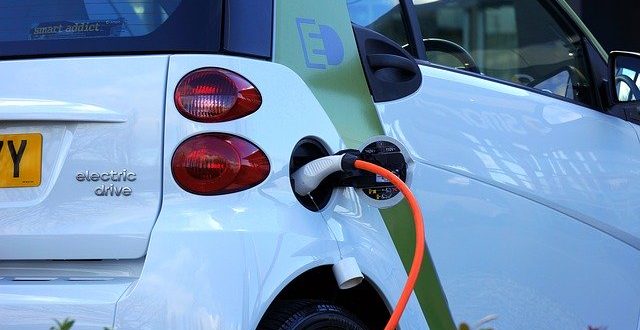Climate change and pollution remain two of the most dire issues facing the planet, and conventional automobiles are a significant contributor to the process. One of the major selling points of electric vehicles (EVs) is that they bypass the use of traditional gas, and ostensibly help cut back on emissions, but is this truly the case?
Can increased EV use among the populace serve to mitigate the dangers posed by continued conventional automobile use? Yes, as it turns out, but also no. When it comes to direct emissions — those which come directly from the vehicle, EVs run circles around gas-powered cars. When it comes to life cycle emissions, though, those related to power and vehicle production, etc., EVs still produce a significant amount (though lower than conventional vehicles).
What’s more, according to sources like City Lab, the habits of the typical driver may render those gains made by reduced emissions irrelevant:
“If Americans drive their electric cars anywhere near as much as they do with their current gas-guzzlers, it would cancel out the carbon reduction brought on by electrification.”
That’s why electric vehicles alone won’t solve our climate change woes, but they are a strong initial step. Backed by some changes in our everyday behavior and how we produce power elsewhere, they might really stand to make a significant difference on our planet.
Making The Switch To EVs
With all that in mind, there are definitely some upsides to switching to an electric vehicle. If you plan on making the switch, however, you’ll want to stay aware of some of the lesser-known pros and cons beforehand.
Take vehicle safety, for example. Just about any safety organization or car accident law firm will tell you that EVs undergo the same rigorous safety testing that gas vehicles do, and structurally, EVs may actually be safer because they use fewer parts and undergo less wear as a result.
Here’s the rub, though — EVs contain lithium-ion batteries, which many might recognize for their propensity to catch fire and explode. Now, while EV manufacturers are hard at work developing safety features that will limit this possibility, it’s still a real one, particularly if they’ve been punctured. This is why if you’ve sustained damages after a serious accident, a lawyer will recommend that you touch nothing and keep your distance if possible to avoid further harm.
The list of EV pros and cons goes on, so be sure to keep reading, and inform yourself of as many as possible so you can make an informed choice on which, if any, electric vehicle you purchase should you decide to make a switch from a gas-powered car.




